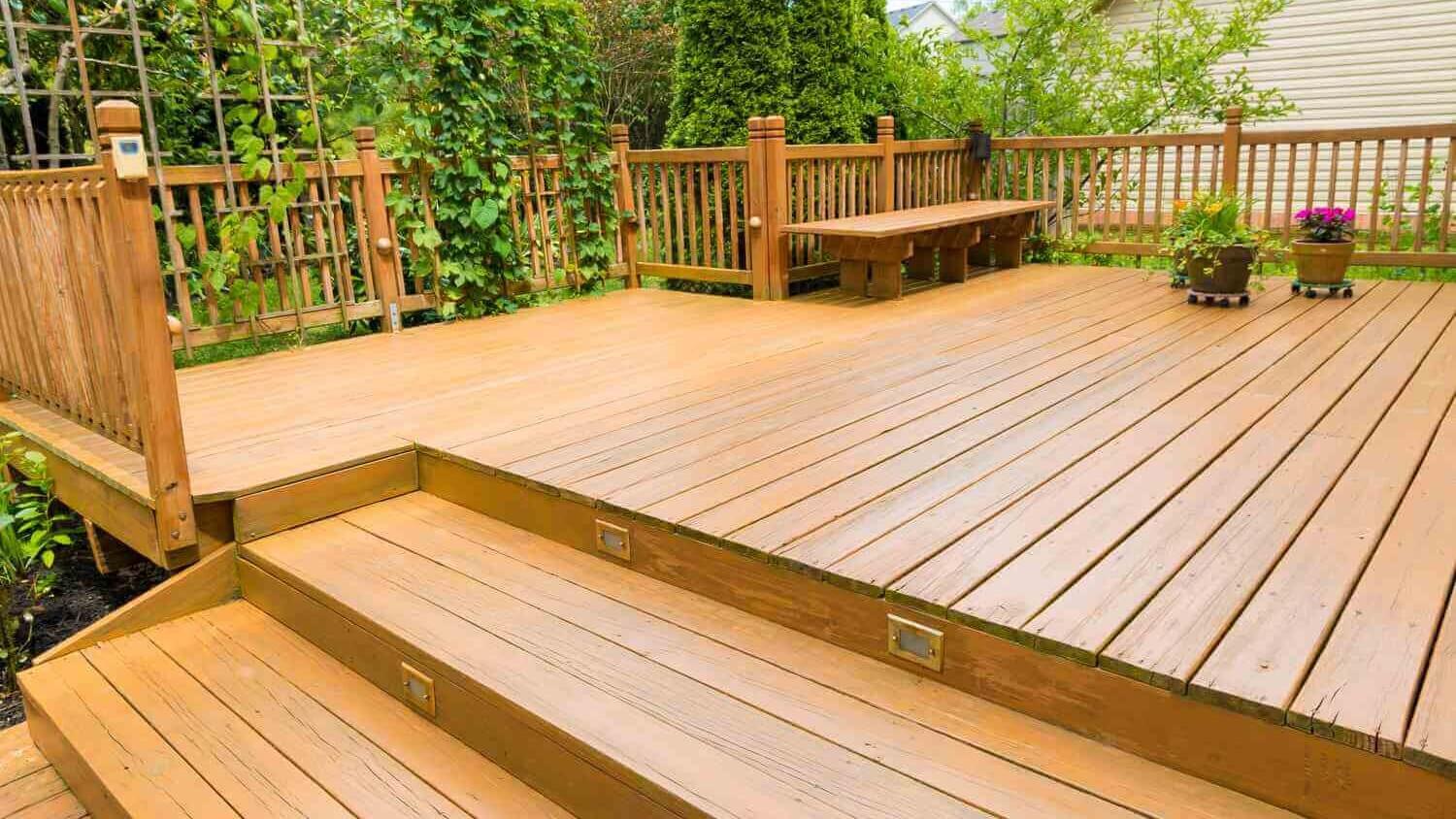Introduction
A well-designed deck expands your living space and adds value to your Cape Cod home. Planning ahead ensures your project runs smoothly and fits your lifestyle.
We at PLJ are the leaders in carpentry services in Cape Cod, MA,and specialists in decking services.

Click here and get a free quote for your decking project with PLJ Carpentry
1. Define Your Deck’s Purpose
Think about how you want to use the space:
- Dining & Entertaining? Plan for dining tables, outdoor kitchens, and lighting.
- Relaxation? Include lounge chairs, shade structures, and maybe a fire pit.
- Water Views? Position the deck to maximize views of the ocean or nearby water.
2. Choose the Right Location
Cape Cod’s unique landscape means you should factor in:
- Sun & Wind Exposure – Position the deck to enjoy sun but also shield from strong coastal winds.
- Zoning Laws – Check with your local town’s building department for setback rules and coastal regulations (especially near conservation land or flood zones).
- Elevation – Raised decks might offer better views but require railings and stairs.
3. Select Durable Coastal-Friendly Materials
Salt air, moisture, and temperature swings demand tough materials:
- Composite Decking (e.g., Trex, TimberTech) – Low-maintenance, rot-resistant, and fade-resistant.
- PVC Decking – Excellent for high-moisture environments.
- Pressure-Treated Wood – Economical but requires maintenance.
- Stainless Steel or Powder-Coated Fasteners – Resist rust in salty air.
4. Design with Cape Cod Aesthetic
Blend your deck with the region’s classic architecture:
- Shingle-style siding? Consider soft gray or natural wood tones.
- White trim and railings match the traditional Cape Cod palette.
- Simple, coastal landscaping like beach grass and hydrangeas completes the look.
5. Plan for Shade & Shelter
The Cape sun can be intense:
- Pergolas, awnings, or retractable shades can offer relief.
- Screened-in porches are popular for protection from bugs and sea breezes.
6. Add Utilities Thoughtfully
If you’re adding lighting, a grill, or a hot tub:
- Run electrical and gas lines safely during construction.
- Choose marine-grade lighting and fixtures for longevity.
7. Get the Necessary Permits
Every Cape Cod town (e.g., Barnstable, Falmouth, Chatham) has its own building codes.
- You’ll likely need:
- Building permit
- Conservation Commission approval if in a floodplain or near wetlands
- Inspections during and after construction
Conclusion
Planning a deck in Cape Cod goes beyond just choosing a spot and building—it’s about creating a space that fits your lifestyle, complements the region’s charm, and stands up to coastal conditions. By defining your deck’s purpose, selecting the right location, using durable materials, and aligning the design with the Cape Cod aesthetic, you’re setting the stage for a beautiful and functional outdoor living space. Don’t forget to factor in shade, utilities, and local permitting requirements, and consider working with professionals who understand the area’s unique landscape and regulations. With thoughtful planning, your Cape Cod deck can become a timeless extension of your home, perfect for relaxing, entertaining, and enjoying the natural surroundings.

